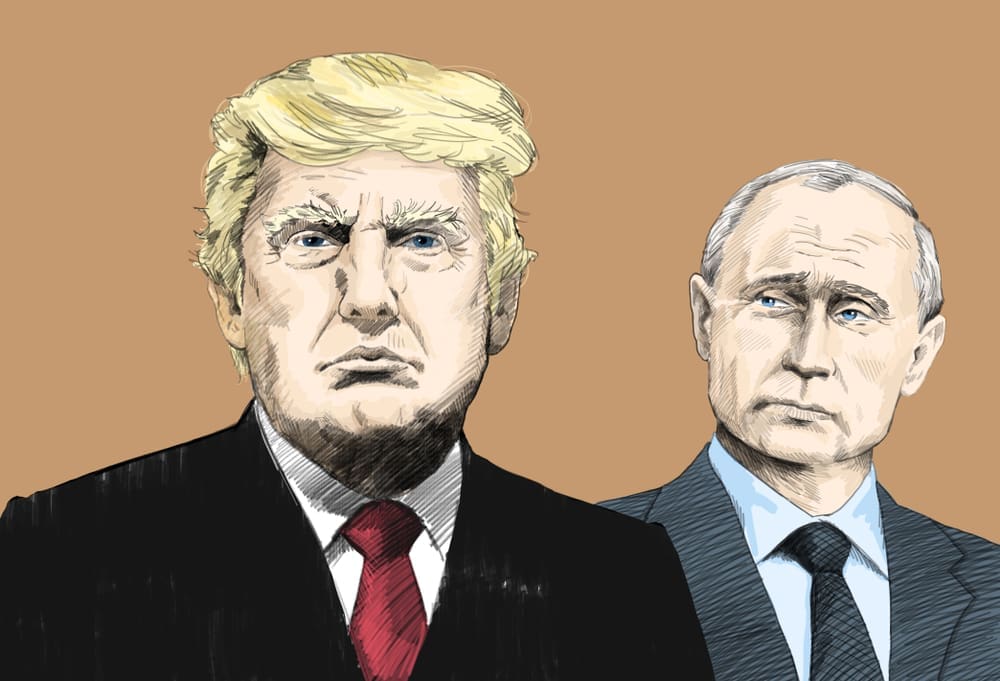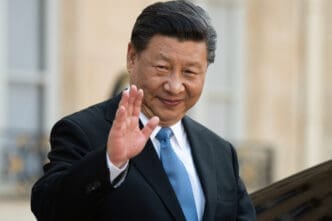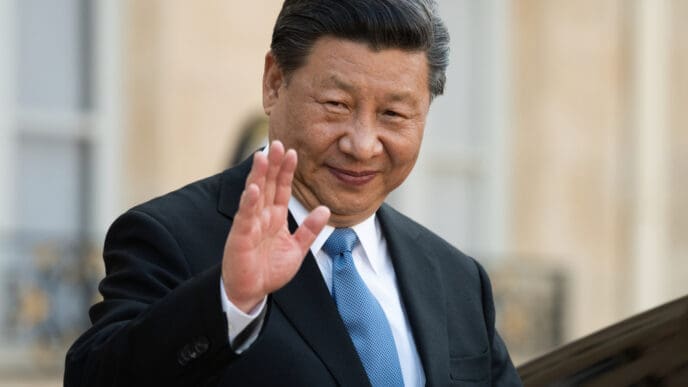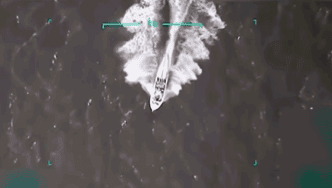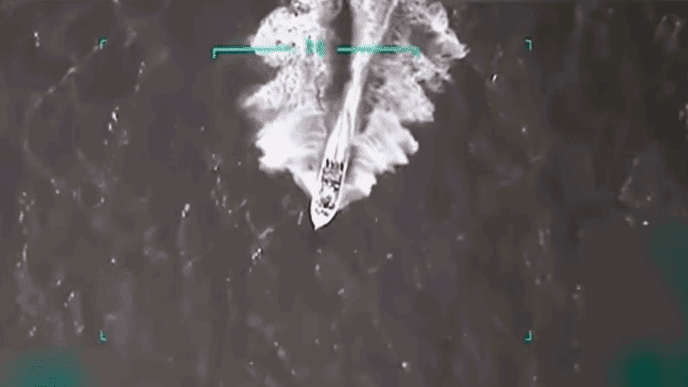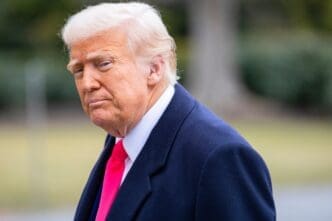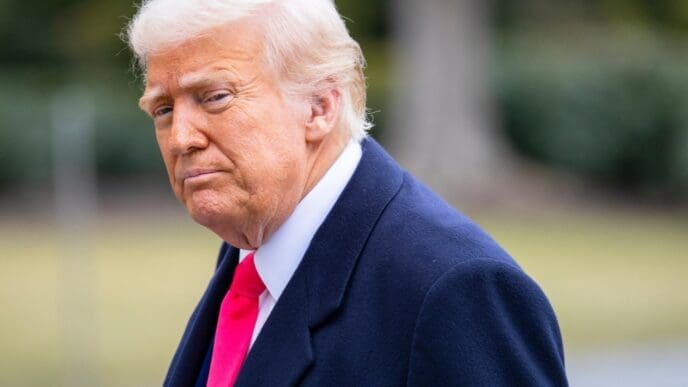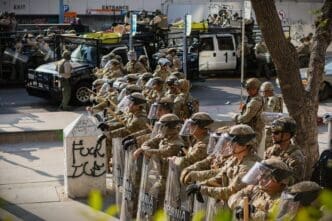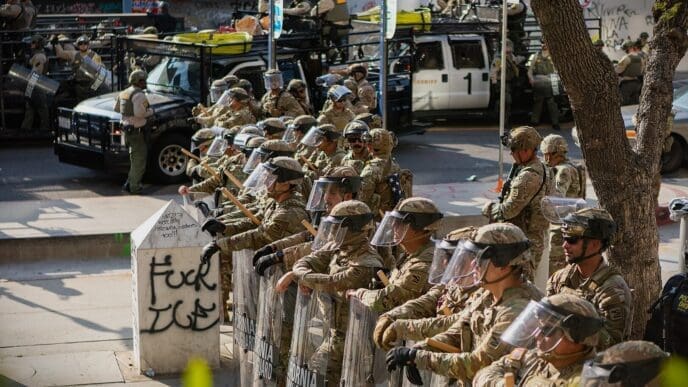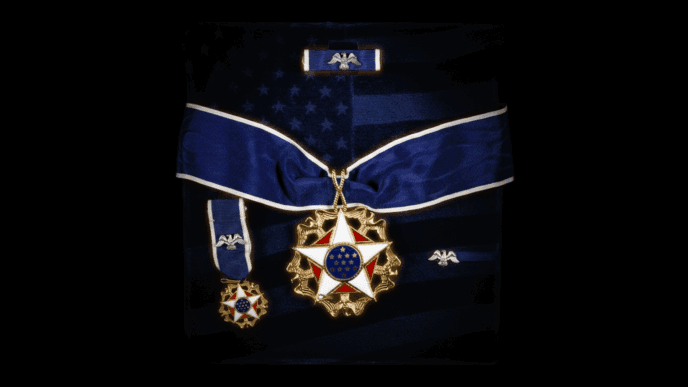KEY POINTS
President Donald Trump is heading into a high-stakes summit with Vladimir Putin on Friday questioning whether the Russian leader has fundamentally changed, a line of inquiry that reveals growing White House frustration over Moscow’s refusal to end its war in Ukraine. According to three people familiar with the matter, Trump has been asking European leaders and his own aides for their assessment of Putin ahead of the meeting in Alaska, where the president hopes to personally broker the peace deal he promised before taking office.
The president’s questions underscore a central tension within his administration as it prepares for the first face-to-face meeting between the two leaders in six years. While Trump remains confident in his ability to secure a deal, his desire to understand Putin’s current mindset comes as Russia has escalated its attacks in Ukraine, defying White House proposals for a ceasefire.
A Skeptical Intelligence Community
While some in the White House see glimmers of hope that an agreement can be reached, the U.S. intelligence community holds a far more pessimistic view. Recent intelligence reporting indicates Putin still harbors the same maximalist goals he has held throughout the war and would likely use any pause in fighting to rearm his forces for a future offensive, potentially even another attempt to capture Kyiv.
According to multiple people familiar with the intelligence, Putin remains insistent that Ukraine never join NATO and that no foreign peacekeepers enter the territory Russia has seized. “Putin thinks he is winning, so he has no reason to bend,” said one person familiar with the assessments. “His thinking is he might as well pocket the wins he has now… and then make another run to take more later.”
Discerning Putin’s day-to-day thinking remains a challenge for U.S. spy agencies, who have long considered the Kremlin a “hard target” that is incredibly difficult to penetrate. A former KGB officer, Putin maintains a notoriously small circle of trust, making it difficult to determine who influences his decisions.
European Jitters and Ukrainian Warnings
The prospect of the summit has left European and Ukrainian officials deeply concerned that the White House is being manipulated by the Kremlin. They fear the meeting itself, held on U.S. soil without Ukrainian President Volodymyr Zelensky, hands Putin a propaganda victory.
“Russia is offering to stop the war if they get everything they have always wanted, including their most maximalist demands,” a European official told CNN. “And that would not be a deal, it would be a submission.”
Zelensky issued a direct warning this week, stating that his intelligence shows Putin “is definitely not preparing for a ceasefire or an end to the war.” Writing on X, the social media platform, he added, “Putin is determined only to present a meeting with America as his personal victory and then continue acting exactly as before.”
These anxieties were heightened last week after Trump’s special envoy, Steve Witkoff, reportedly discussed a ceasefire in exchange for Russian control over Ukrainian territories, leaving European diplomats feeling “confused and uneasy.”
Has Trump Changed?
Even as Trump questions Putin, some allies and officials have noted a significant evolution in the president’s own thinking. After campaigning on his warm relationship with Putin and a promise to quickly end the war, Trump has adopted a tougher public stance in recent months, fueled by frustration with the Kremlin’s intransigence.
“European allies say the one who changed is Trump, both in his comfort level in his job and in his understanding of who Putin is,” said one U.S. official. They added that Trump’s initial approach was “naïve,” but that “now Europeans say he finally gets it that Putin is a murderous leader.”
The president’s anger has become palpable in private meetings, where he has reportedly used expletives to describe Putin. Publicly, Trump warned on Wednesday that Russia would face “very severe consequences” if he determines Putin is not serious about peace, though he did not specify what those consequences would be.
The COVID Factor
To explain Putin’s perceived shift since their last meeting, some of Trump’s aides have pointed to the Russian leader’s intense isolation during the COVID-19 pandemic. U.S. intelligence officials had noted at the time that Putin was becoming more paranoid, rarely leaving his residence and enforcing strict quarantine protocols for any visitors.
This isolation may have narrowed Putin’s circle of advisers, giving hardliners more influence than the technocrats who might have opposed a full-scale invasion. However, experts caution that Putin’s core beliefs likely remain unchanged.
“He is not a transactional leader, as many in the West had often assumed in the past, but is more motivated by imperial ideas,” said Michael McFaul, a former U.S. ambassador to Russia. “A person with that mindset is hard to negotiate with.”
Ultimately, the summit hinges on Trump’s personal assessment of his Russian counterpart, a judgment he claims he can make within minutes. As he prepares for the meeting, the president is caught between his own confidence as a dealmaker and the stark warnings from his intelligence agencies, allies, and experts who believe Putin is playing a long game he has no intention of abandoning.


